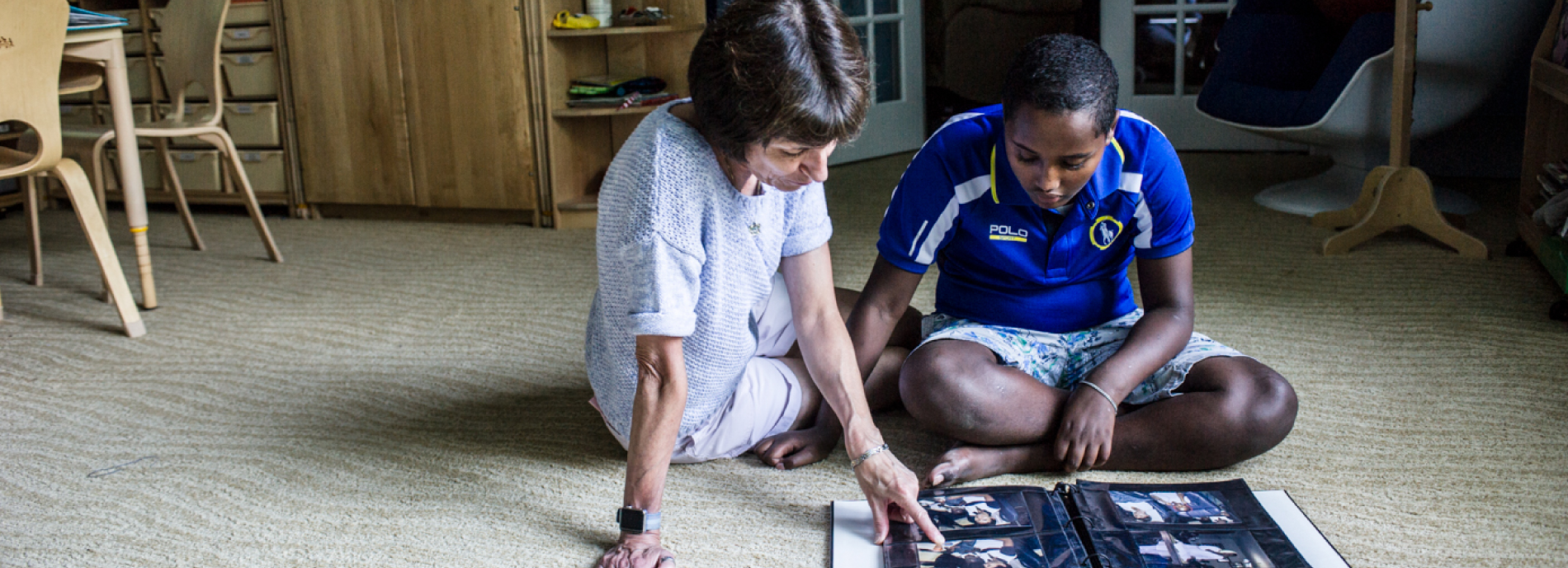Alisa Opar is a California-based science writer and the articles editor at Audubon magazine.

Alisa Opar
Freelance writer
Simons Foundation
From this contributor
In search of truce in the autism wars
The fight between those who define autism as a medical condition and those who see it as a mere difference has reached vitriolic levels. Can the two sides come together to support all autistic people?
New group faces backlash over its goals for severe autism
A new advocacy group for people with severe autism taps into the deep divide in the community over who should speak for those on the spectrum.

New group faces backlash over its goals for severe autism
How to help low-income children with autism
Autistic children from low-income families are undercounted and underserved, a gap community leaders are working to bridge.
The healthcare system is failing autistic adults
Adults on the spectrum frequently have a range of other conditions — but they rarely get the help they need.
Why children with ‘severe autism’ are overlooked by science
Children with ‘severe autism’ are the most in need of help, yet the most overlooked in research. A new initiative is making them the primary focus.

Why children with ‘severe autism’ are overlooked by science
Explore more from The Transmitter
Shifting neural code powers speech comprehension
Dynamic coding helps explain how the brain processes multiple features of speech—from the smallest units of sounds to full sentences—simultaneously.

Shifting neural code powers speech comprehension
Dynamic coding helps explain how the brain processes multiple features of speech—from the smallest units of sounds to full sentences—simultaneously.
Astrocytes orchestrate oxytocin’s social effects in mice
The cells amplify oxytocin—and may be responsible for sex differences in social behavior, two preprints find.

Astrocytes orchestrate oxytocin’s social effects in mice
The cells amplify oxytocin—and may be responsible for sex differences in social behavior, two preprints find.
Neuro’s ark: Spying on the secret sensory world of ticks
Carola Städele, a self-proclaimed “tick magnet,” studies the arachnids’ sensory neurobiology—in other words, how these tiny parasites zero in on their next meal.

Neuro’s ark: Spying on the secret sensory world of ticks
Carola Städele, a self-proclaimed “tick magnet,” studies the arachnids’ sensory neurobiology—in other words, how these tiny parasites zero in on their next meal.


